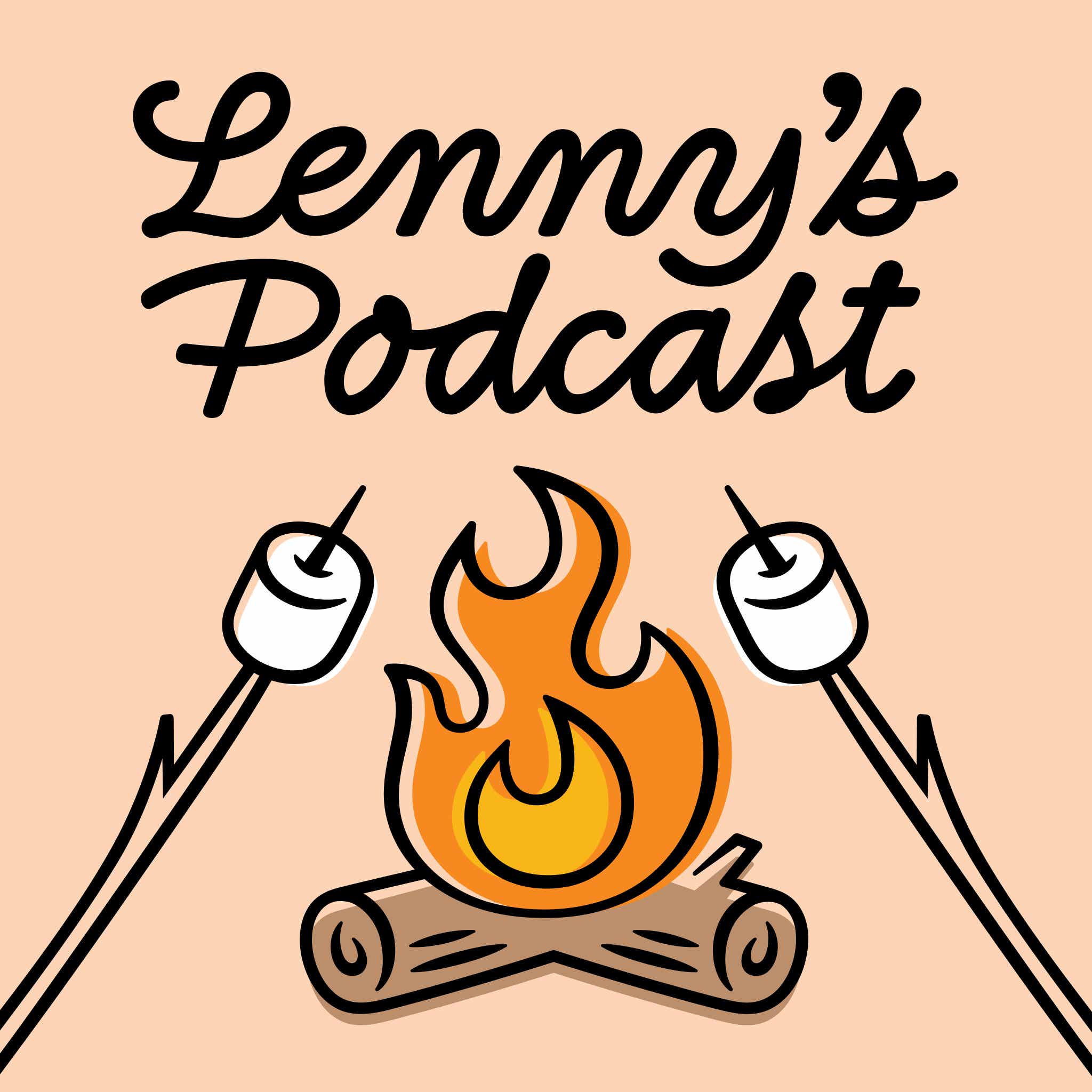
Lenny's Podcast: Product | Growth | Career · July 31, 2025
He saved OpenAI, invented the “Like” button, and built Google Maps: Bret Taylor on the future of careers, coding, agents, and more
Highlights from the Episode
Bret TaylorFounder and CEO of Sierra
00:04:43 - 00:11:18
Early career product failure and learning →
“
This was my first significant mistake as a product manager at Google. It felt big because it was very formative for me. I joined Google in late 2002, early 2003, as one of the earliest associate product managers. Initially, I worked on the search system, expanding our index from 1 billion to 10 billion web pages—a huge deal then, though it seems quaint now. I performed well, so my boss, Marissa Mayer, gave me the opportunity to lead a new product initiative. This was a big bet on me and Google. I was also under scrutiny as a young, new product manager. My task was to work on local search.
Bret TaylorFounder and CEO of Sierra
00:13:19 - 00:19:53
Impact of mentorship on career trajectory →
“
I credit Sheryl Sandberg for changing how I approach new jobs. The story, while possibly embellished, is broadly accurate. When I became Facebook's Chief Technology Officer, my role initially involved a relatively small team, contributing as a senior architect. Then, Mark Zuckerberg reorganized the company, splitting it into various groups. I ended up leading a very large group, essentially running our platform and mobile products, design, and engineering. I went from a handful of direct reports to over a thousand. It was a significant group and my largest management role to date.
Bret TaylorFounder and CEO of Sierra
00:20:20 - 00:23:50
Importance of intellectual honesty in problem-solving →
“
It's really hard. A danger for founders and product managers, especially founders, is incorrect storytelling. If you tell yourself and your team, "People don't like my product because of X," that intuition quickly becomes a fact. You better hope you're right, because if you base your strategy on fixing that problem and you're wrong, your company will fail. Why did you lose a deal? You could ask the salesperson on the account or a product manager involved in the conversation. It's crucial to have intellectual honesty in these moments. For example, you might say, "They didn't buy it because the platform costs too much."
Bret TaylorFounder and CEO of Sierra
00:31:46 - 00:36:58
The future of coding and systems thinking →
“
Studying computer science differs from simply learning to code, but I still believe it's extremely valuable. Computer science encompasses more than just coding. It involves understanding concepts like Big O notation, complexity theory, and algorithms. You learn why randomized algorithms work, why one algorithm might perform better than another despite similar Big O complexity, and the importance of caching. There's much more to coding than just writing code. I believe the act of creating software will evolve from typing into a terminal or Visual Studio Code to operating a code-generating machine.
Bret TaylorFounder and CEO of Sierra
00:45:52 - 00:51:02
AI's impact on education and learning →
“
I'm encouraging students to integrate AI into their lives. I was reflecting on my AP calculus exams in '97 and '98. We could use graphing calculators then. I haven't researched this, but I wonder if the calculus exam changed after calculators were permitted. I assume it did. When calculators are allowed, exam questions must be designed so they don't unfairly benefit those using a calculator. This forces a rethinking of problems to test true calculus knowledge, rather than rote arithmetic or other functions a graphing calculator can perform.
Bret TaylorFounder and CEO of Sierra
00:53:48 - 00:59:00
Market segmentation and opportunities in AI →
“
The applied AI market will likely involve companies building agents, which I believe are the new apps. This will be the primary product format. For example, companies like Sierra help businesses create agents for customer experience and service, handling phone calls and chats. Then there are companies like Harvey, which develop agents for the legal and paralegal professions, assisting with antitrust reviews and contract analysis. Other companies focus on content marketing or supply chain analysis. This will likely be an "as-a-service" market, with higher margins, because these companies sell solutions that achieve specific business outcomes, rather than just being a byproduct of the models themselves.
Bret TaylorFounder and CEO of Sierra
00:59:31 - 01:04:08
The shift to outcome-based pricing in software →
“
Software is evolving from merely boosting individual productivity to autonomously accomplishing tasks. Consequently, just as draftsmen are no longer needed in mechanical engineering firms, certain roles will become obsolete. This frees individuals to pursue higher-leverage, more productive work, allowing smaller teams to achieve more and genuinely drive economic productivity gains. If you've ever sold enterprise software, you're familiar with value discussions where vendors engage customers in somewhat convoluted conversations. For example, when selling a sales tool, the pitch might be: if every salesperson sells 5% more, then you should pay us a million dollars. It's roughly that kind of conversation.